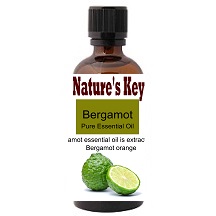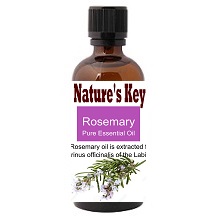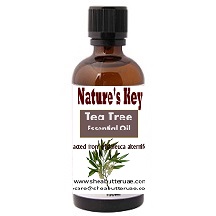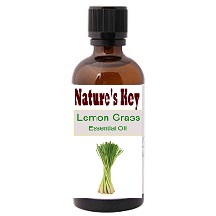Description
Bergamot essential oil
Bergamot essential oil is extracted from the tree Citrus aurantium var. bergamia (also known as C. bergamia), of the Rutaceae family and is also known as Bergamot orange.
This fresh smelling essential oil is a favorite in aromatherapy and is great for creating a more relaxed and happy feeling, relieving urinary tract infections, boosting the liver, spleen and stomach, while fighting oily skin, acne, psoriasis, eczema, as well as cold sores.
Oil properties
The scent of the oil is basically citrus, yet fruity and sweet, with a warm spicy floral quality and is reminiscent of neroli as well as lavender oil. The color ranges from green to greenish-yellow and the oil has a watery viscosity.
Origin
This tree is native to South East Asia, but was introduced to Europe, and particularly Italy and is also found in the Ivory Coast, Morocco, Tunisia and Algeria.
Bergamot essential oil is made from a tree that can grow up to four meters high, with star-shaped flowers and smooth leaves, bearing citrus fruit resembling a cross between an orange and a grapefruit, but in a pear-shape. The fruit ripens from green to yellow.
The oil is one of the most widely used in the perfumery and toiletry industry and forms, together with neroli and lavender, the main ingredient for the classical 4711 Eau-de-cologne fragrance. It is used to flavor Earl Grey tea.
The name is derived from the city Bergamo in Lombardy, Italy, where the oil was first sold
Extraction
The rind of both ripe and unripe fruit is used to extract the oil by expression, which yields about 0.5 %.
Chemical composition
Bergamot essential oil is composed of various chemical constituents and includes a-pinene, myrcene, limonene, a-bergaptene, b-bisabolene, linalool, linalyl acetate, nerol, neryl acetate, geraniol, geraniol acetate and a-terpineol.
Precautions
Bergamot essential oil can cause burns when used on a sensitive skin which is then exposed to sunlight, as the high content of bergaptene can cause photo-toxicity. It is advisable to keep out of the sun if this oil is used on the skin.
Even when the ingredient Bergaptene (Furocoumarin) is removed from the oil and photo toxicity is therefore minimized, it is still advisable to keep treated skin out of the sun, and to use it in concentrations of less than 1 %.
Therapeutic properties
The therapeutic properties of Bergamot essential oil include analgesic, antidepressant, antiseptic, antibiotic, anti-spasmodic, stomachic, calmative, cicatrisant, deodorant, digestive, febrifuge, vermifuge and vulnerary.
Uses
Bergamot essential oil can be used in the treatment of depression, stress, tension, fear, hysteria, infection (all types including skin), anorexia, psoriasis, eczema and general convalescence.
The above information is for general research purposes only and is not a representation or warranty of any kind. This material is not intended to diagnose, treat, cure or prevent any disease. The user of this material is solely responsible for determining fitness for any particular use; requesting and reviewing the applicable Material Safety Data Sheet; and compliance with all applicable laws and regulations. Terms and conditions apply.





Zorana Sp (verified owner) –
Very strong scent. Used it many times due to its healing properties. However, use sparingly if you do not want it to dominate… Nice product
Upvote if this was helpful (0) Downvote if this was not helpful (0) Watch Unwatch Flag for removal